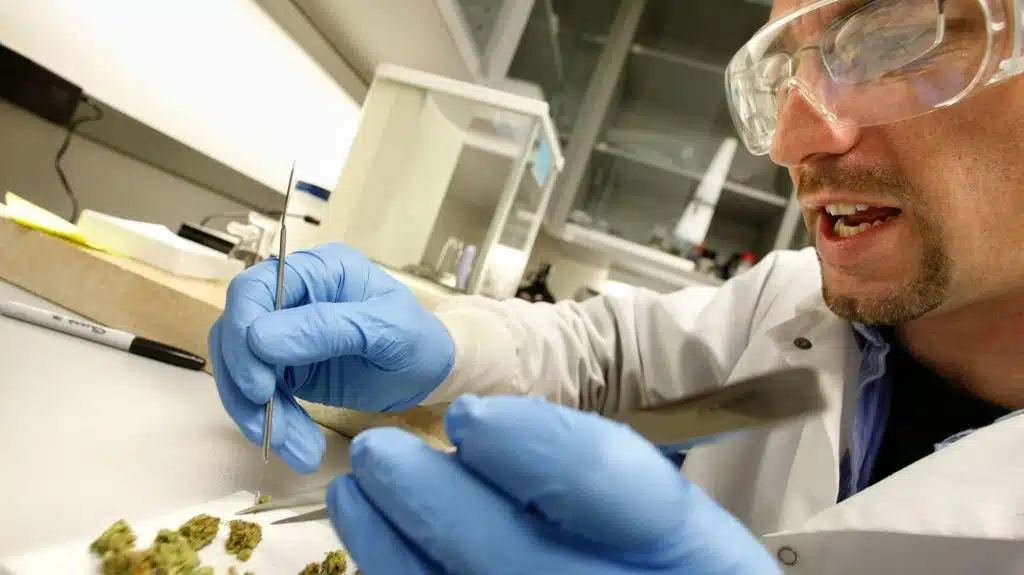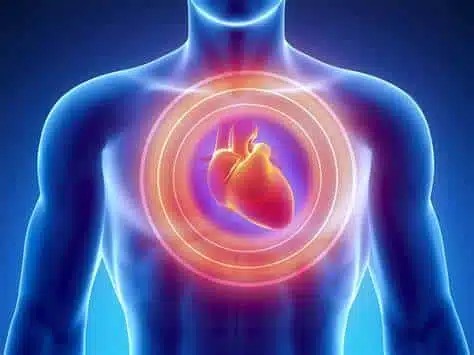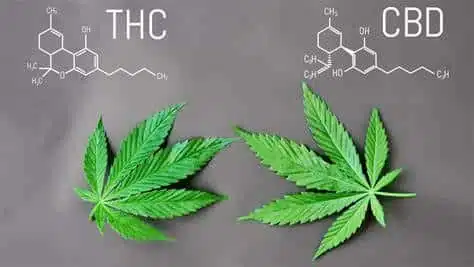How CBD Affects Brain Health
CBD is a cannabinoid found in cannabis that has a variety of medicinal benefits. Unlike THC, which is known for its psychoactive properties, CBD does not have any psychoactive effects. This makes it an interesting alternative to traditional medications for treating a variety of illnesses and ailments. In this blog post we’ll discuss some of the ways CBD impacts brain function and what that means for your memory, cognitive abilities, and more.
What Is Cannabis?
Cannabis is a plant species in the family Cannabaceae. It includes three primary subspecies: Cannabis sativa, Cannabis indica, and Cannabis ruderalis. Cannabis has been used for a variety of purposes, including for its medicinal and recreational effects. It is also known for its psychoactive compounds, such as tetrahydrocannabinol (THC) and cannabidiol (CBD).
What Is THC?
Tetrahydrocannabinol (THC) is a psychoactive compound found in the cannabis plant. It is responsible for the “high” commonly associated with cannabis use. THC acts on the cannabinoid receptors in the brain, which are involved in the regulation of mood, appetite, and other cognitive functions. The amount of THC in cannabis varies depending on the strain, with some strains having higher levels of THC than others.
What Is CBD?
CBD stands for cannabidiol, which is a naturally occurring compound found in the cannabis plant. CBD is one of many compounds, known as cannabinoids, that are found in the cannabis plant. Unlike the more well-known compound tetrahydrocannabinol (THC), CBD is non-psychoactive, meaning it does not produce the “high” commonly associated with cannabis use.
How CBD Affects Brain Function
CBD has been shown to positively affect brain function by reducing inflammation and promoting neurogenesis.
CBD has shown promise in treating a variety of neurological disorders, including epilepsy, multiple sclerosis, schizophrenia, and Alzheimer’s disease. Additionally, CBD has neuroprotective effects, reducing inflammation and improving oxidative function. This may help to slow the aging process of the brain.
Memory and Cognition
There is a lot we can do to keep our memories and cognition sharp as we age. We can eat healthy foods, exercise our bodies and minds, and challenge ourselves mentally. By taking care of our physical and mental health, we can help ensure that our memories and cognition stay strong. We all have memories that help define who we are. They give us a sense of identity and allow us to recall past experiences. But what happens when our memories start to fade? Cognition is the mental process that allows us to acquire, store, and use knowledge. It plays a vital role in our ability to remember things. But as we age, our cognitive abilities can decline. This can lead to memory loss and other problems.
CBD has a direct impact on brain function by affecting the connections between brain cells. When the brain is healthy, it can process information quickly and efficiently. However, when the brain is unhealthy, the connections between cells are slow and can impair memory and cognitive function. The endocannabinoid system is one of the main ways that the body regulates memory and cognition. When a person is healthy, cannabinoids like CBD and THC interact with receptors in the brain to influence mood and emotional processing, as well as memory, thinking, and coordination. This is why many people take CBD for memory loss and forgetfulness. Additionally, studies have found that CBD can improve cognitive abilities such as attention and problem solving in people with anxiety and other disorders.
Anxiety and Depression
Anxiety and depression can be debilitating and prevent people from living their best lives. However, there is hope. With the right treatment, people can learn to manage their anxiety and depression and live fulfilling lives.
CBD has shown potential in treating anxiety and depression, two conditions which affect millions of people worldwide. Given the high rates of both disorders, CBD could be a major breakthrough in treatment. Depression is a major public health issue that affects millions of people worldwide. According to the World Health Organization, depression is the leading cause of disability worldwide and a major cause of suicide. While medications are certainly useful in treating depression, many people are looking to alternative therapies as an option. CBD seems to offer great potential as a treatment option for both anxiety and depression.
Pain Management
If you’re in pain, you don’t have to suffer. There are many options for pain management that can help you feel better and get on with your life. Don’t suffer needlessly. Talk to your doctor about what options are available to you.
CBD has been shown to be an effective treatment for pain in multiple studies. CBD can help to relieve pain by acting as a muscle relaxant, blocking pain receptors, and reducing inflammation. CBD may be a helpful treatment for both acute and chronic pain.
Despite these potential side effects, CBD has been shown to be generally well-tolerated by most people. More research is needed to better understand the potential risks and side effects of CBD in brain health.
Side Effects and Risks of CBD in Brain Health
Despite the many potential benefits of CBD oil for the brain, it’s important to remember that no single supplement or drug will cure all brain disorders. Because CBD is so powerful, it’s important to use it sparingly and under a doctor’s supervision. That said, it’s also important to consider any possible risks associated with using CBD oil for the brain. As with any medication, there are some risks associated with using CBD oil. When used in high doses, it may negatively affect memory, cognitive function and even overall brain health. It’s important to consider the pros and cons of CBD oil and stay informed so you can make the best decision for your health. Fortunately, there is plenty of research and data to help you make an informed decision.
CBD is a compound found in cannabis that is gaining popularity thanks to its potential medical benefits. CBD could be used to treat conditions like pain, anxiety, and depression. However, it’s important to keep in mind that all drugs have potential side effects, and CBD is no exception.










